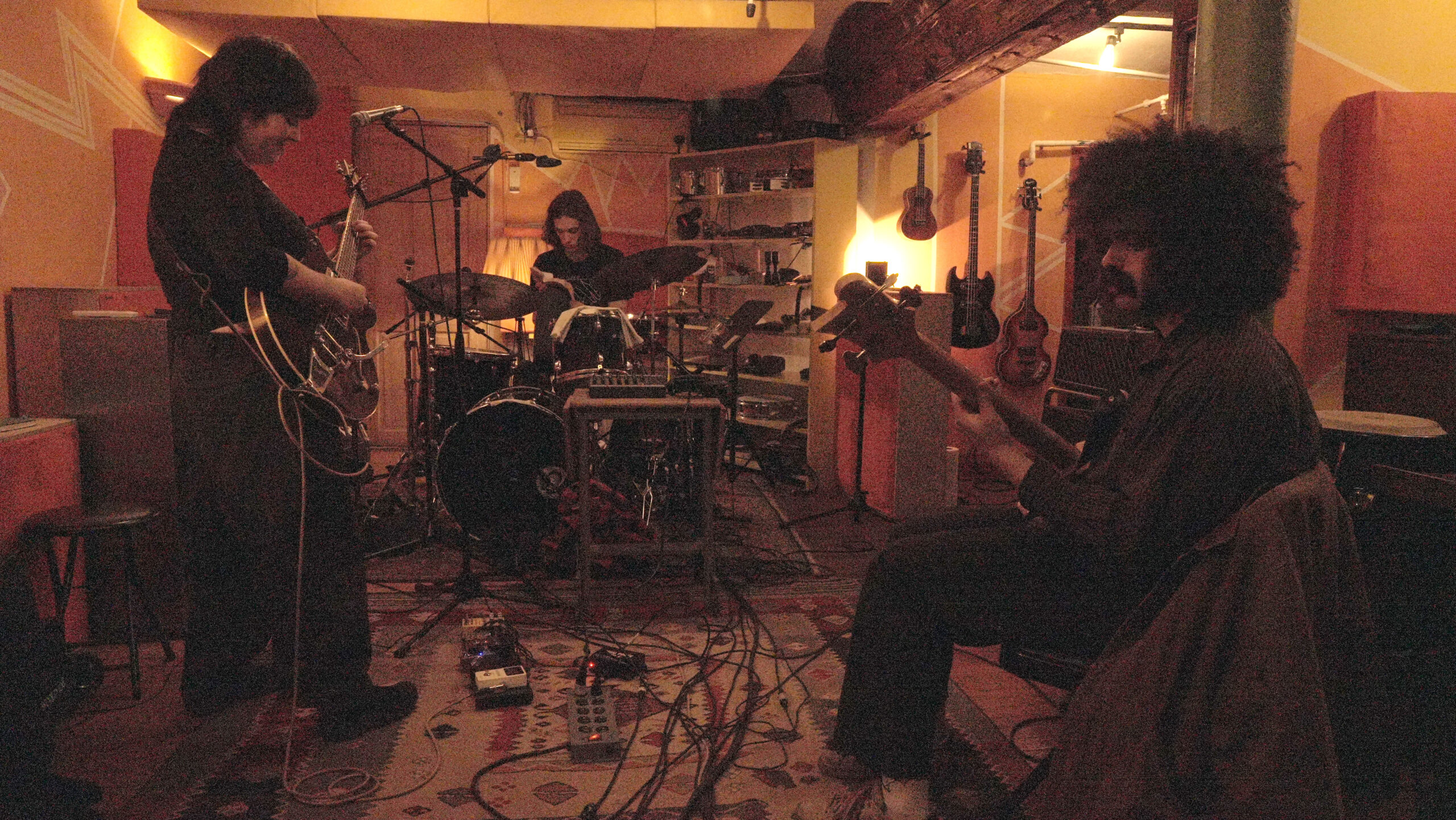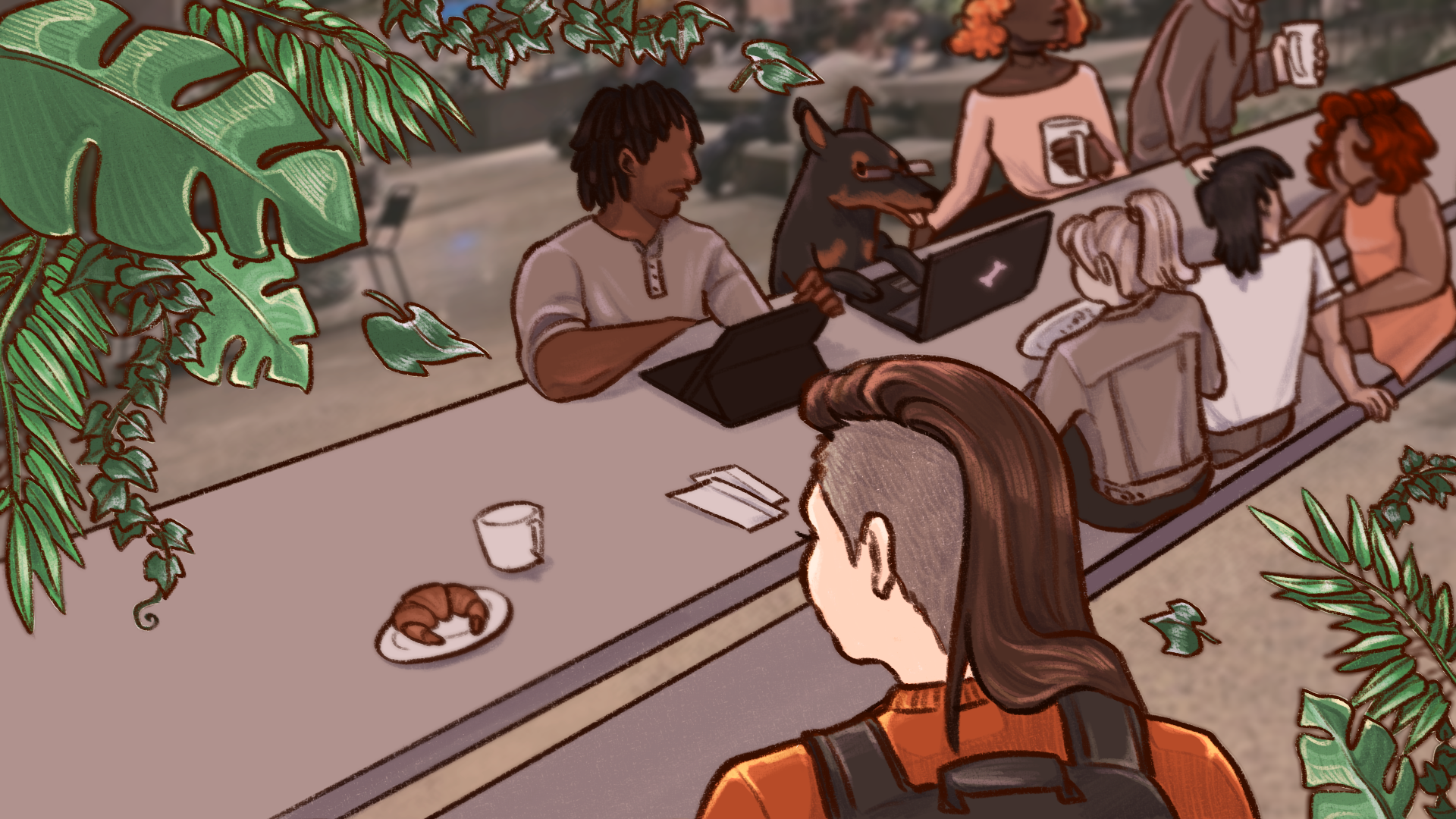This story was updated on December 3, 2023 at 12:42 p.m.
During a lecture on Tuesday, Associate Professor of Sociology and Director of Graduate Study, Carlos Forment, read a section titled “Moral Authority” from “The White Space” by Yale professor and sociologist Elijah Anderson. The passage included use of the n-word. Forment, who is not Black, did not skip over using the word aloud in his reading according to several students in the class. Forment confirmed the events in a statement to the Free Press and quoted his exact words from a recording.
The incident occurred in Forment’s university lecture class called Modernity and the Invention of Social Sciences. Immediately after the reading, students in the class said they raised concern over hearing their professor vocalize a racial slur.
Forment sent a letter to the New School Free Press explaining what happened and quoting what he said, per the lecture’s recording. In this letter, he also wrote out the n-word when quoting his sentiments during the lecture. Additionally, he wrote, “I sincerely regret any discomfort I may have caused any of my students.”
After the class, Forment said he met with two Black students who felt uncomfortable with his use of the n-word. He wrote, “I learned from them, and now understand the reasons they and other Black students at the New School experience unease even when the N-word is employed in accordance with standard academic protocol when quoting from a text.”
Aisha Zhanseit, a junior at Parsons School of Design and a student in Forment’s class said, “It was a series of students breaking down the severity of what he had said and him not realizing that he was using his power against us and not for us.”
Aidan Ward, a junior at Eugene Lang College of Liberal Arts, was one of the many students present in the class who spoke up about Forment reading the slur aloud. “Without any warning [Forment] said the n-word in the lecture as a white man,” Ward said.
Moshe Sopher-Harelick, a senior at Parsons and student in the class, did not hear Forment use the slur but understood what had happened once a student brought attention to the matter. “ I did also understand to a certain extent where Carlos was coming from,” Sopher-Harelick said.
Sopher-Harelick comes from a Jewish background and went on to explain that if Forment used a Jewish slur instead of the n-word, he wouldn’t have taken immediate offense. “Because I, myself, would understand that it was not coming from a place of hate. It’s coming from a place of academia and education,” he said.
When questioned by students, Forment defended himself according to Ward. “He first of all said that it was not him who said the word. Elijah Anderson said the word and he was merely a ventriloquist and proceeded to make a variety of arguments for why he was justified to use the word,” she said.
Ward also said that Forment went on to compare himself to the likes of “great writers such James Baldwin,” who has also used the n-word in his writings. Like Elijah Anderson, James Baldwin is a Black writer.
“He was completely closed off to truly listening to the concerns that were being raised,” Ward said.
Zhanseit said that Forment used a “series of classic manipulation tactics [like] comparing his experiences as being a white Latino in the U.S. and equating that to the experience of Black Americans.”
“I did find it a bit strange how much he was defending the usage of the word,” Sopher-Harelick said.
Merrie Snead, a spokesperson for TNS told the New School Free Press, “We do not comment on ongoing investigations,” when asked for a statement regarding the school’s position on Forment’s behavior.
Forment continued to not let students speak, acted aggressively towards them, and contradicted his own statements in order to protect his own standing, according to Zhanseit. She said that Forment was “erasing the gravity of the situation” and he “went on to use his authority as a tenured professor.”
Roughly 10 students left the lecture after Forment made the class feel uncomfortable. It was “quite patronizing to those of us who were raising very valid concerns,” Ward said.
Forment wrote in his statement that his student roster was filled with mixed emotions. He said some felt discomfort, while others agreed with him: “Later in the evening, I received a few emails from other students who stated that they did not share nor felt represented by their most vociferous classmates.”
Forment recorded the lecture and shared the video with the NSSR Dean Alex Aleinikoff, Interim President Donna Shalala, and Provost Renée White. He also wrote that the Title IX office is “welcome to review the recording as well.”
A previous version of this article linked the statement from Carlos Forment that included spelling errors and mistakes. The new link now has an updated version of the statement without the errors. There are no major changes in the new statement.








Leave a Reply